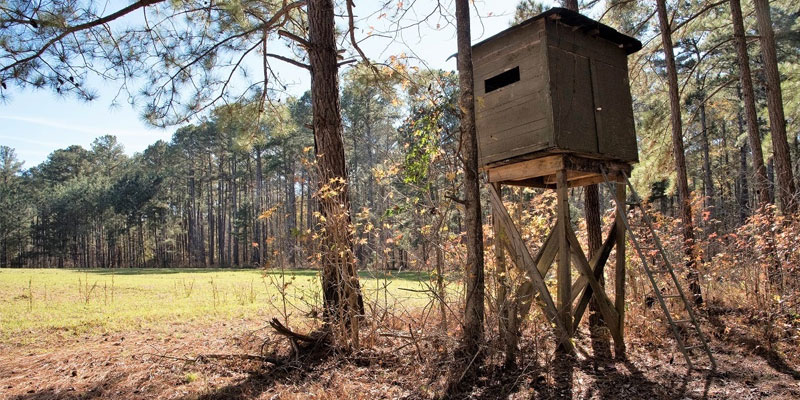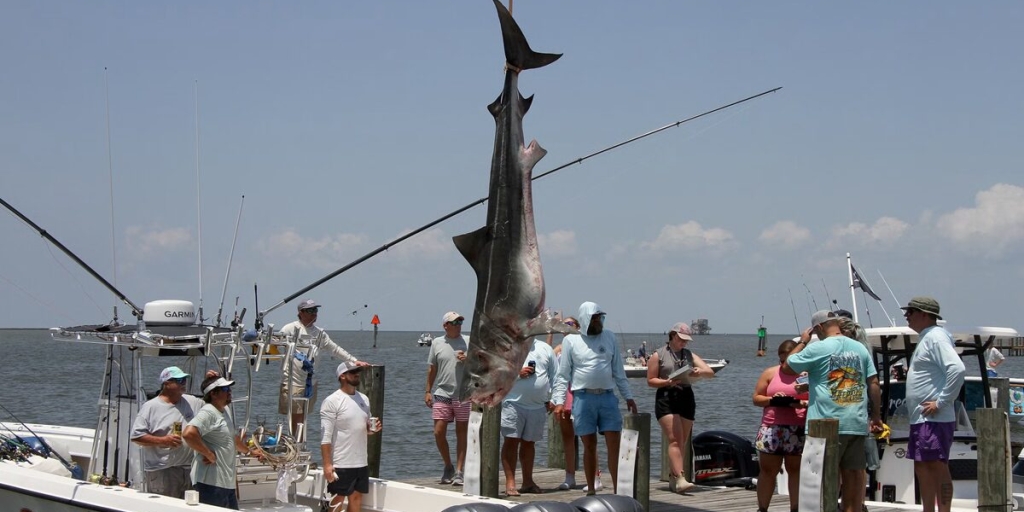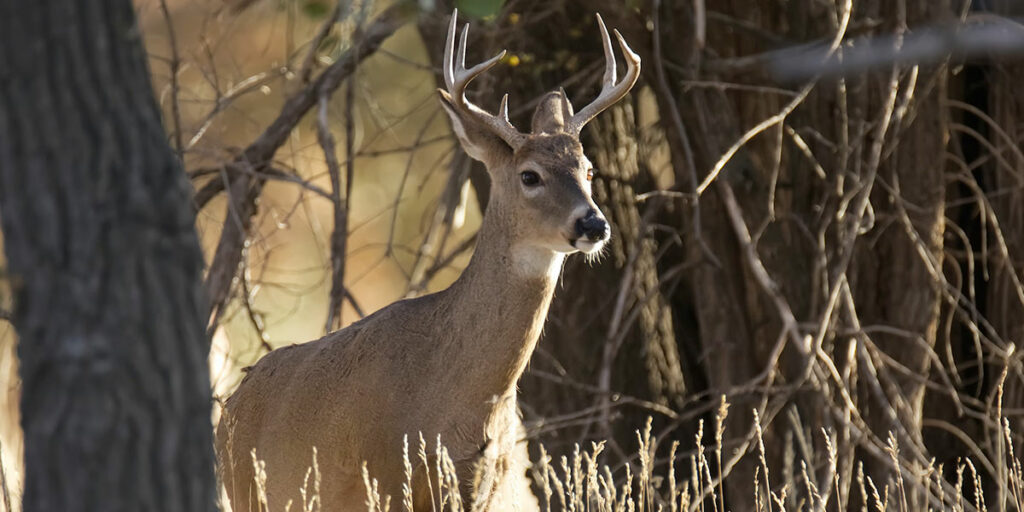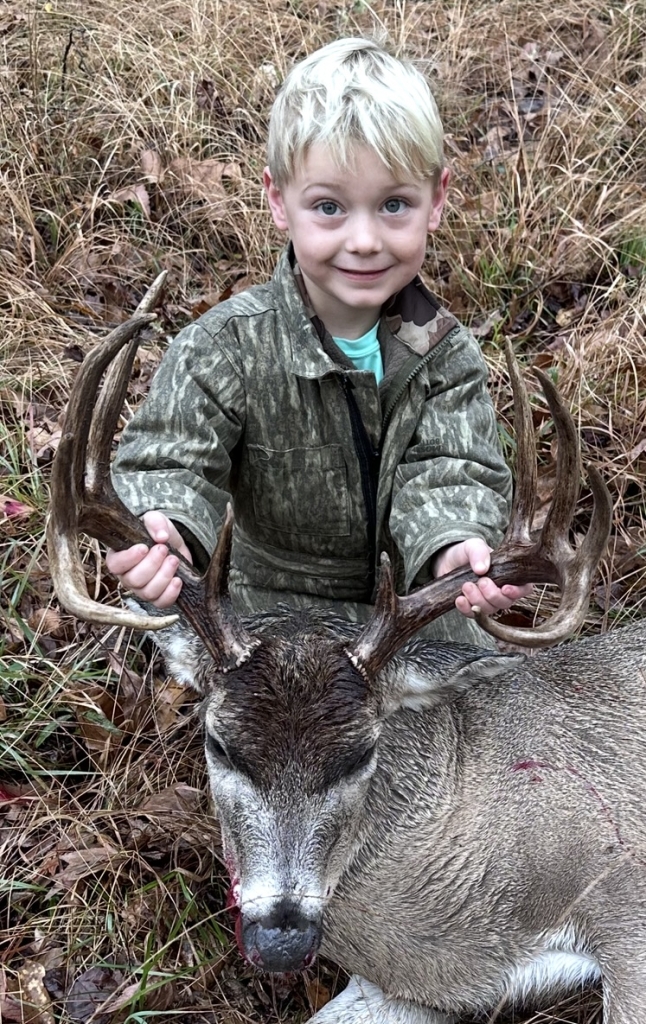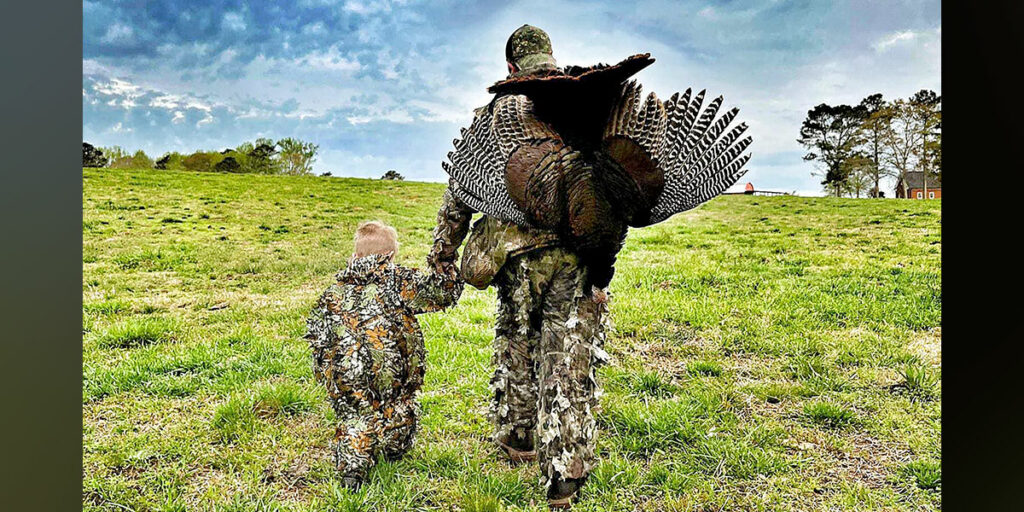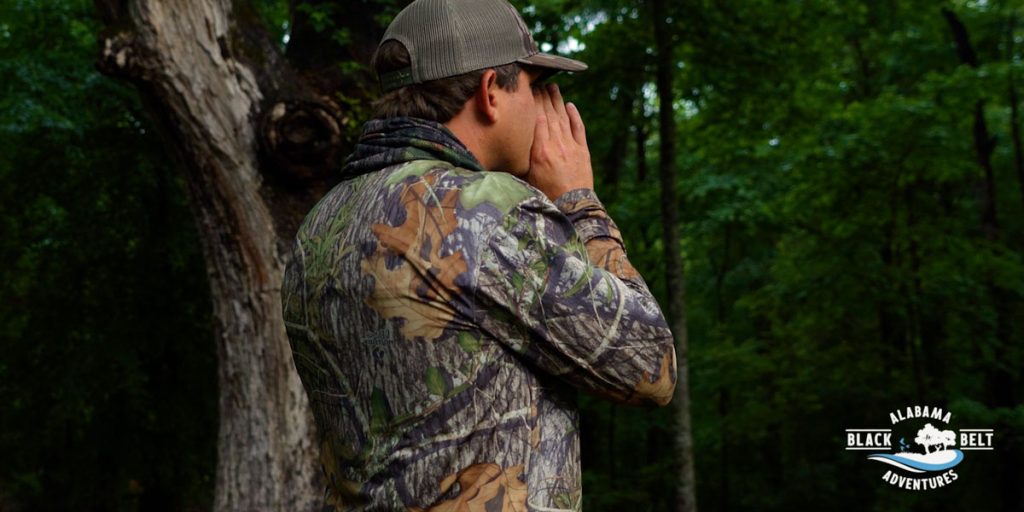Hunting and fishing in Alabama during 2018 had a $3.2 billion economic impact on the state, according to a new report.
The Alabama Black Belt Adventures Association (ABBAA) shared that number and others during a news conference Wednesday in Montgomery. Pam Swanner, director of ABBAA, said the report underscores the economic importance hunting and fishing has on Alabama’s economy, especially in rural Alabama’s Black Belt region.
“When we create jobs in this rural area of our state, it releases a tax burden on the rest of the state of Alabama,” Swanner said. “We think we’ve got a great product.”
Hunting, fishing created $1.1 billion impact on Alabama in 2018 from Alabama NewsCenter on Vimeo.
The report, which Southeast Research compiled for ABBAA, found:
- Spending by sportsmen and women supports 73,553 jobs
- Salaries and wages — $1.1 billion
- State and local taxes generated — $185 million
- Contribution to Alabama Education Trust Fund — $84 million
- Total number of hunters – 535,000
- Total number of anglers – 683,000
- Hunters spent more than 14.3 million days hunting in Alabama
- Anglers spent close to 10.9 million days fishing in Alabama
- Alabama residents accounted for almost 91% of the total spending on hunting and fishing in the state.
- TOTAL 2018 ECONOMIC IMPACT — $3.2 BILLION
The report also detailed the impact hunting and fishing in the 23 counties of south Alabama known as the Black Belt
had on Alabama’s economy in 2018. More than 40 percent of all those who hunted in Alabama in 2018 were hunting in Barbour, Bullock, Butler, Choctaw, Clarke, Conecuh, Crenshaw, Dallas, Greene, Hale, Lee, Lowndes, Macon, Marengo, Monroe, Montgomery, Perry, Pickens, Pike, Russell, Sumter, Tuscaloosa and Wilcox counties. Other Black Belt hunting and fishing impacts include:
- Sportsmen’s spending in the Black Belt supports 24,716 jobs
- Salaries and wages — $364 million
- State and local taxes generated – $62 million
- Contribution to Alabama’s Education Trust Fund – $28 million
- Hunters and anglers spent an estimated 6 million days hunting and 2.3 million days fishing in the Black Belt
- More than 4 of 10 (42%) of the hunting days in Alabama occurred in the Black Belt. This proportion was higher among non-resident hunters, with about two-thirds (66%) of their hunting days being reported in the Black Belt
- More than 2 of 10 (21%) of the state’s total fishing days occurred in the Black Belt. This proportion was higher among non-resident anglers, with close to 3 of 10 (29%) fishing days reported in the Black Belt
- Combined direct spending by resident and non-resident hunters in the Black Belt is estimated at $540 million, accounting for almost 42% of the total spending on hunting in Alabama
- Combined direct spending by resident and non-resident anglers in the Black Belt is estimated at $166 million, representing almost 21% of the total spending on fishing in Alabama
- Total visitors – 363,900
- Total room nights – 2,890,000
- Number of nights commercial lodge – 57,200
- Number of nights in a hotel – 276,900
- Number of nights in campground – 433,100
- Total lodging tax collection — $1.4 million
- TOTAL 2018 ECONOMIC IMPACT — $1.1 BILLION
ABBAA founder and president Thomas Harris said the report clearly shows ABBAA is a boost to rural Alabama.
“Our mission is to recruit these eco-tourism dollars to the region,” Harris said. “It is truly a rural economic development program.”
ABBAA also announced two new TV commercials are now airing on 150 TV stations around the country, thanks in large part to financial support from the Retirement Systems of Alabama (RSA). David Bronner, CEO of the RSA, said nearly 25% of the country’s TV viewers see these TV commercials each day.
“When Thomas came to me with this idea, I knew it was something that was really special,” Bronner said. “For many decades, we’ve tried to do things that impacted the Black Belt. It’s extremely difficult. Your effort to do something for the Black Belt is so meaningful to the entire state. Thank you.”
ABBAA, a not-for-profit organization, was created in 2009 to market the region to outdoors enthusiasts across the nation. Lt. Gov. Will Ainsworth said more people outside of Alabama talk to him about Black Belt hunting and fishing.
“They know about the Black Belt,” Ainsworth said. “It’s because of a lot of hard work this association has done and the leadership of Dr. Bronner and making sure we had the means to get out this message.”
To celebrate the association’s 10-year anniversary, ABBAA unveiled “Black Belt Bounty,” a new book celebrating the Black Belt’s hunting and fishing heritage. Among the contributors to the deluxe hardcover book are James Beard award-winning Alabama chefs Chris Hastings and David Bancroft, celebrity chef Stacy Lyn Harris and several wildlife artists, photographers and outdoor writers.
“The book is awesome,” Swanner said. “If you have anyone in your family that enjoys hunting or fishing, this is a must for their Christmas stocking.”
Swanner said the book was made possible through financial support from Alabama Power, Thomas and Cindy Harris, Alabama Farmers Cooperative, Alabama Conservation and Natural Resource Foundation, Alabama Wildlife Federation, PowerSouth, University of Alabama Center for Economic Development, University of West Alabama, Sumter County Nature Trust, Alabama Farmers Federation, and John Hall and Company. To order your copy or to find a retail location near you, visit alabamablackbeltadventures.org/blackbeltbountybook.
(Courtesy of Alabama NewsCenter)




